
After months of facing plummeting sales since the Chicago-area’s contentious penny-per-ounce tax on soda and sweetened beverages was enacted, small business owners were finally able to rejoice with the Cook County Board’s decision to repeal the tax Oct. 11.
The board voted 15-2 to repeal the tax on sweetened beverages starting Dec. 1. The vote came a little over two months after the tax took effect Aug. 2, and followed a long trail of complaints from stores and small business owners.
Merchants in Cook County such as Rainbow Finer Foods & Liquors have already seen the sale of sweetened beverages decrease as much as 40 percent since the tax became effective early August.
The penny-per-ounce tax on sugar and sweetened beverages will continue to affect business owners until it is repealed, but for now, Moses Sweiss, the manager of Rainbow Finer Foods & Liquors feels only elation and relief that the tax will no longer hurt his business in the future.
“I hope we go back on the track,” said Sweiss after contemplating the recovery of his business in the coming months. “Everybody lost 30 to 40 percent (of sales).” Sweiss is worried the beverage tax will have a lasting effect, even after the repeal.
Earlier this month, Cook County commissioners decided to postpone their vote on the sweetened-beverage tax, and instead referred the repeal ordinance to a Finance Committee to consider this issue on Oct.10, where it was officially repealed Oct. 11.
The penny-an-ounce tax on sugar and artificially sweetened beverages went into effect on Aug. 2, after a month-long delay resulting in a lawsuit from the Illinois Retail Merchants Association halted the tax increase until a Cook County Circuit Court judge ruled in the county’s favor.
One of the main reasons given by supporters of the beverage tax was that it enabled the county to generate revenue without resorting to a property tax increase. In addition to the implementation of the beverage tax, they said, would help reduce obesity, diabetes and heart disease.
Cook County Commissioner Peter Silvestri (R-Elmwood Park), who voted in support of the repeal, said that promoting the ordinance as one designed to favor health benefits would be a “disingenuous claim” and what would be more genuine is to say that it’s “for revenue” when speaking to a group of college students from Columbia College which included this reporter.
Out of the $200 million in revenue, Silvestri had said that only $1 million would go to health care.
The repeal of the sweetened beverage tax is sponsored by Cook County Commissioner Richard Boykin (D-Chicago), who had been against the beverage tax from the very beginning. Boykin, who some had speculated was considering running against Cook County Board President Toni Preckwinkle in the upcoming Democratic primary, had told the Sun-Times he believed there was a way to balance the budget without resorting to increasing the beverage tax that had already affected retailers in Cook County.
“Toni Preckwinkle and this unfair pop tax must go, and they must go right now,” said Boykin in a report by the Chicago Tribune earlier this month.
Sweiss, manager of Rainbow Finer Foods said that if the tax wasn’t repealed he would have no other choice than to “cut back on slower items.”
“I hope they cast it (the repeal)” said Sweiss when considering the future of his business before the repeal decision had been made. “It makes no sense. Why haven’t they learned from their mistakes?”
The grocery store located at 6316 S Ashland Ave, had suffered the direct hit of the tax increase and had become part of the group of retailers that voiced its opposition to the beverage tax.
Shortly after the Cook County Board passed the ordinance which will soon end the sweetened beverage tax, Sweiss said a weight had been lifted from his shoulders.
“Besides the complaints, besides the huge resentment of the customers they’re very happy,” said Sweiss. “They have a huge smile on their faces.”
On the other hand, advocates of the beverage tax such as Karen Larimer, board president for the American Heart Association in Chicago were not as happy with Cook County’s decision to roll back the tax on sweetened beverages.

When the beverage tax became effective early August, Larimer told a Chicago Sun-Times reporter she was “thrilled” about the decision because it could “improve social detriments to health” after the passage of the sweetened beverage tax.







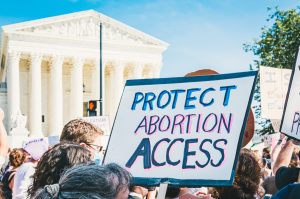

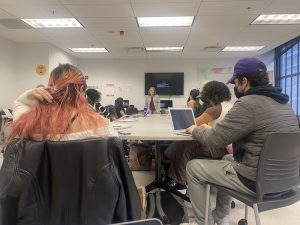

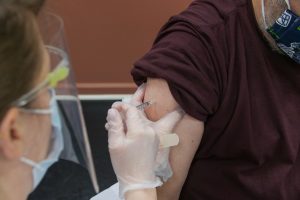
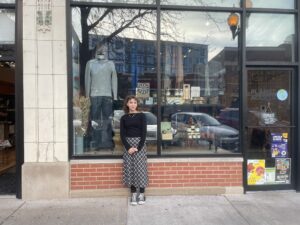

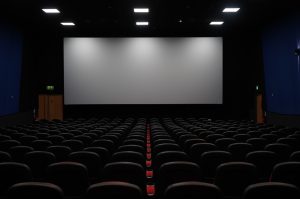

Be First to Comment